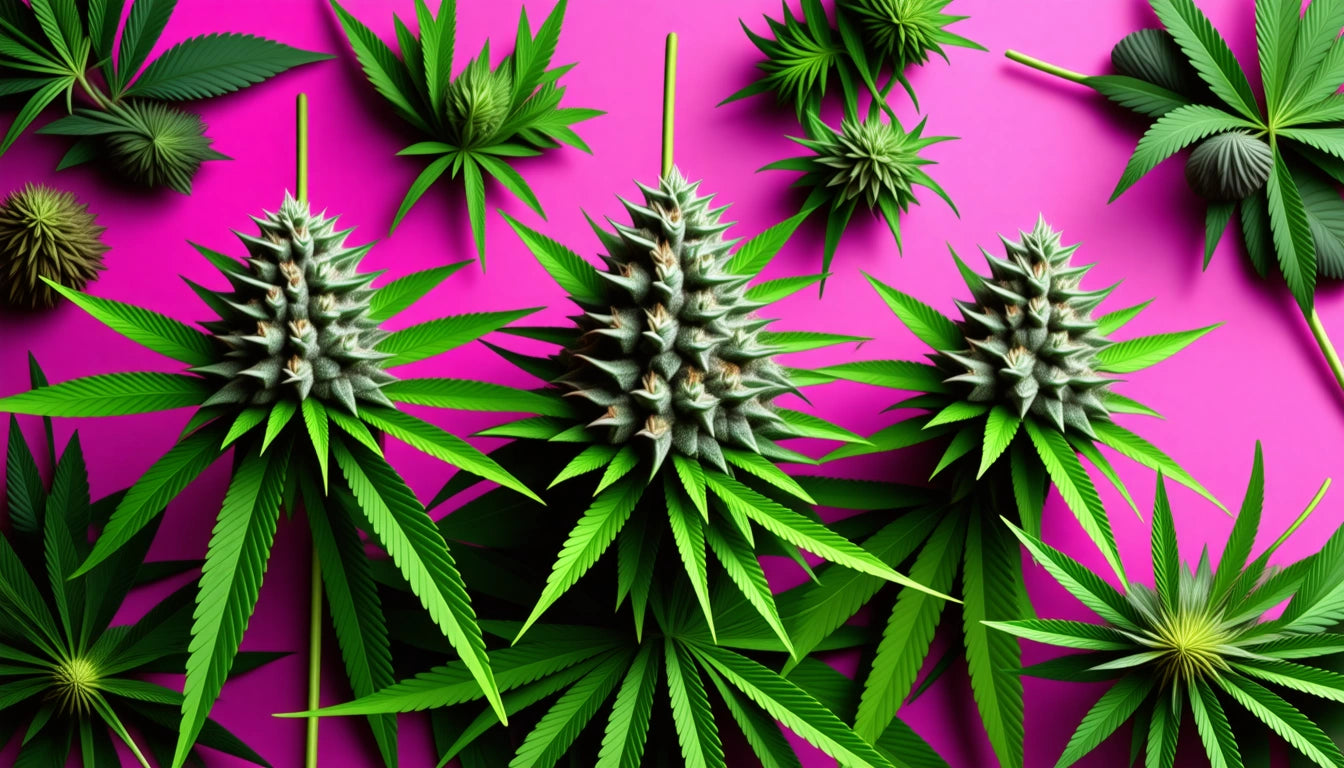- The Birth of 420: Separating Myth from Reality
- From Code to Cultural Phenomenon: How 4/20 Spread
- Celebrating 4/20: Modern Traditions and Events
- The Changing Legal Landscape Around National Weed Day
- The Business Impact of 4/20 on the Cannabis Industry
- The Future of 4/20: Evolution of Cannabis Culture
The Origins and Significance of 4/20 as National Weed Day
April 20th has become synonymous with cannabis culture worldwide, but many wonder why 4/20 is associated with weed and how it became National Weed Day. This deep-rooted cultural phenomenon has transformed from a secret code among friends to a globally recognized date for cannabis celebration, advocacy, and awareness.
The Birth of 420: Separating Myth from Reality
The true origin of why 4/20 means weed has been clouded by numerous myths over the decades. Contrary to popular belief, it is not a police code for marijuana use, nor does it represent the number of active chemicals in cannabis. The authentic story behind what 4/20 has to do with weed is much more organic.
According to well-documented research on 420's origins, the term was coined in 1971 by a group of high school students in San Rafael, California, known as "The Waldos." They would meet at 4:20 PM by a statue of Louis Pasteur to search for an abandoned cannabis crop using a treasure map provided by the grower.
While they never found the legendary crop, their coded meetup time "4:20" evolved into shorthand for smoking cannabis. The connection between The Waldos and members of the Grateful Dead band helped spread this initially localized slang term to a wider audience.
From Code to Cultural Phenomenon: How 4/20 Spread
Understanding why 4/20 is National Weed Day requires examining how a simple meetup time transformed into a cultural institution. The term gained significant momentum when High Times magazine published and popularized the story in the early 1990s.
Several factors contributed to 4/20 becoming recognized as when National Weed Day is celebrated:
- Underground cannabis publications adopted and promoted the term
- The date's connection to counterculture resonated with cannabis enthusiasts
- The simplicity of the code made it easy to remember and share
- The date format (4/20) perfectly aligned with the time (4:20)
By the late 1990s, what started as a secret code had evolved into a full-fledged cultural phenomenon, with April 20th becoming the unofficial holiday for cannabis consumers worldwide.
Celebrating 4/20: Modern Traditions and Events
Today, when people ask what National Pot Day is, the answer extends beyond simply April 20th. The date has evolved into a multifaceted celebration with various traditions and events worldwide.
Modern 4/20 celebrations typically include:
- Public gatherings and smoke-outs in cannabis-friendly locations
- Educational seminars on cannabis benefits and policy reform
- Music festivals and cultural events
- Product launches and special retail promotions
- Advocacy rallies for legalization and policy change
Notable locations like Hippie Hill in San Francisco's Golden Gate Park and the University of Colorado's campus in Boulder have become iconic gathering spots, drawing thousands of participants annually to celebrate why 4/20 is pot day.
The Changing Legal Landscape Around National Weed Day
The significance of why 4-20 is National Smoke Day has evolved alongside changing cannabis legislation. What began as a countercultural statement has increasingly become mainstream as legalization spreads across the United States and globally.
As cannabis rescheduling efforts advance, 4/20 celebrations have taken on new meaning. In legal markets, the day represents both cultural heritage and commercial opportunity, while in prohibition states, it remains a day of protest and advocacy.
This evolving context has transformed National Weed Day from purely a day of rebellion to one that increasingly includes legitimate business participation, government acknowledgment, and mainstream media coverage.
The Business Impact of 4/20 on the Cannabis Industry
For cannabis businesses, understanding why 4/20 is National Pot Day goes beyond cultural appreciation. The date represents the industry's equivalent of Black Friday, with sales typically increasing by 30-40% compared to regular business days.
Cannabis companies prepare extensively for this high-volume period, often investing in specialized equipment to meet demand. Many businesses utilize efficient filling and packaging systems to prepare sufficient inventory for the 4/20 rush, ensuring they can capitalize on the year's biggest sales opportunity.
The commercial significance of 4/20 extends beyond dispensaries to include:
- Ancillary businesses like packaging suppliers
- Cannabis tourism operations
- Event production companies
- Marketing and advertising services
- Food vendors and hospitality services
As the industry matures, 4/20 promotions have become increasingly sophisticated, moving from simple discounts to elaborate marketing campaigns and experiential events that build brand loyalty.
The Future of 4/20: Evolution of Cannabis Culture
As we look ahead to how the significance of National Weed Day will continue to evolve, several trends are emerging that will shape its future cultural relevance.
With increasing mainstream acceptance, 4/20 celebrations are becoming more diverse and inclusive. What was once primarily associated with recreational consumption is expanding to encompass medical applications, wellness approaches, and broader drug policy reform.
According to experts studying cannabis cultural phenomena, we can expect future 4/20 observances to feature:
- Greater emphasis on social equity and justice reform
- More family-friendly events in legal markets
- Increased focus on cannabis education and responsible use
- Corporate sponsorship and mainstream brand participation
- Integration with broader wellness and lifestyle movements
As cannabis continues its journey from counterculture to mainstream acceptance, the question of why 4/20 is weed day will likely be answered with increasingly complex and nuanced explanations that reflect the plant's multifaceted role in medicine, recreation, industry, and culture.
Understanding the origins and evolution of 4/20 provides valuable context for appreciating how cultural symbols develop and transform over time. What began as a simple code among friends has become a global phenomenon that continues to shape cannabis culture, commerce, and policy worldwide.











Leave a comment
All comments are moderated before being published.
This site is protected by hCaptcha and the hCaptcha Privacy Policy and Terms of Service apply.